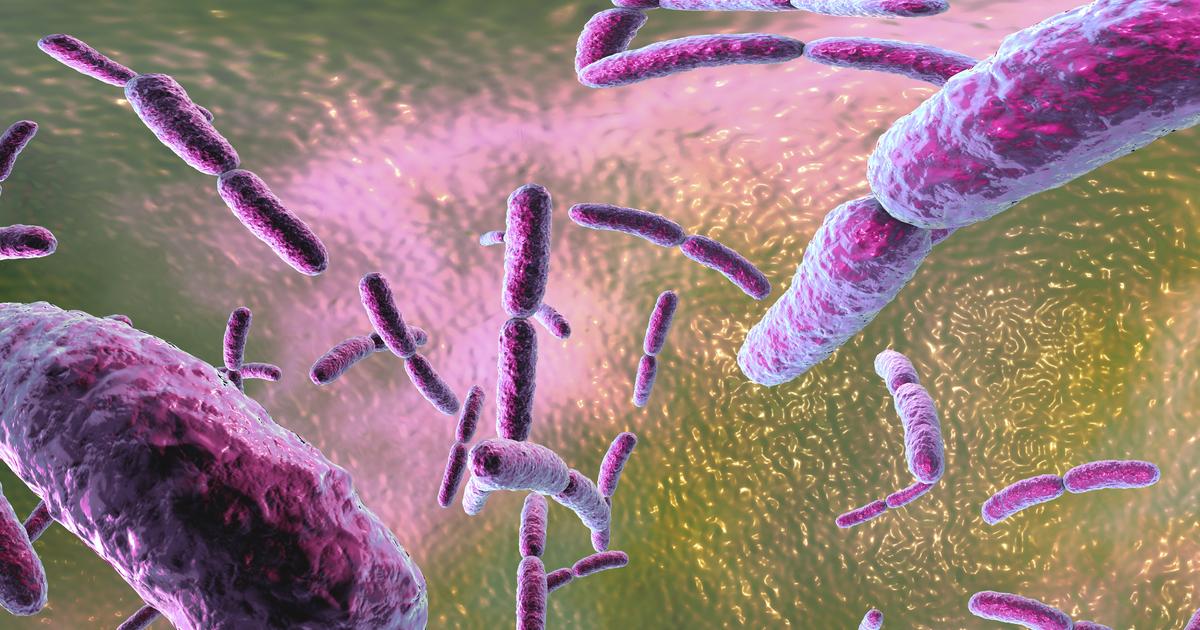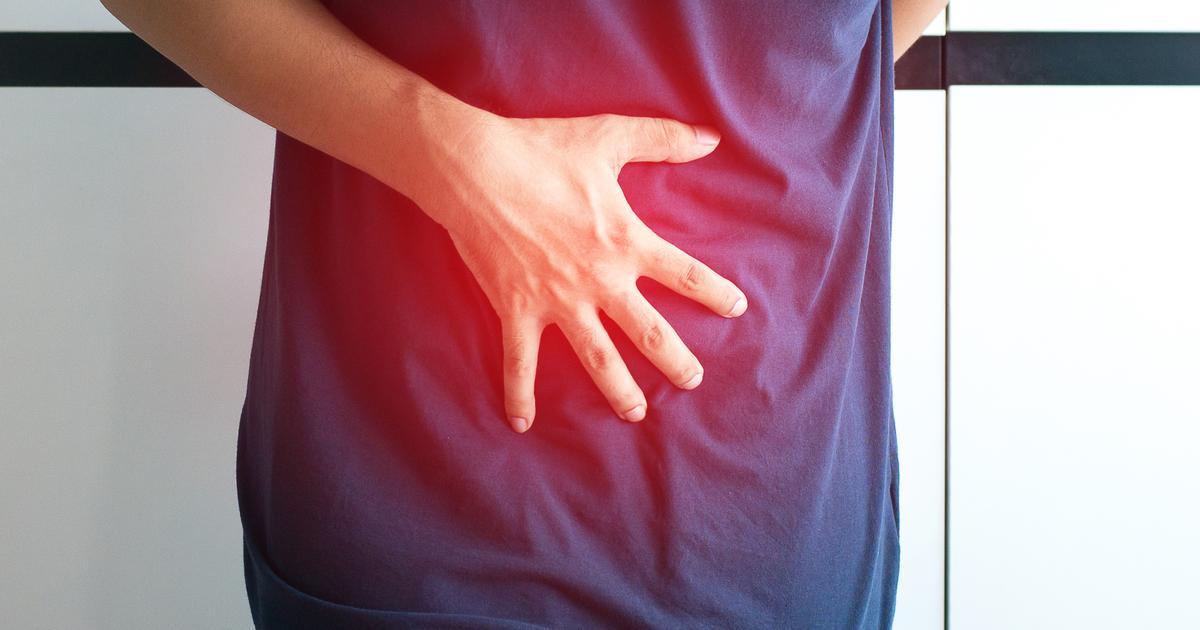What Causes Gastritis?
The stomach lining protects the underlying tissues of the stomach from being corroded by its acidic contents. Gastritis is the condition where this lining becomes inflamed. Symptoms that occur due to an inflamed stomach lining may include nausea, vomiting, indigestion, bloody stool, bloody vomit, and an abnormal feeling of fullness. Diagnosis of gastritis is made with the use of a physical examination, a breath test, blood test, stool test, an endoscopy, a biopsy, and barium contrast x-rays. Treatment of gastritis is highly dependent on the underlying cause. An infection that causes gastritis would need to be treated with antibiotic medications, and gastritis caused by other conditions can be treated with proton pump inhibitors, probiotics, acid-reducing medications, and antacids.
Get the full details on the various causes of gastritis now.
Bacterial Infection

An individual can develop gastritis as a complication of certain types of infections that can form in their digestive system. The most common type of bacteria implicated in the development of gastritis is referred to as the Helicobacter pylori bacteria. Helicobacter pylori live in the lining of the stomach and small intestine in some healthy individuals and do not produce any problems. However, those who have a weakened immune system may experience an overgrowth of this bacteria into the stomach lining that cannot be controlled. This type of infection can cause damage to the specialized mucous lining in the stomach. The stomach lining made of mucus protects the underlying stomach tissues from becoming damaged by the corrosive and acidic stomach contents. When the Helicobacter bacteria invade and start to break down the stomach lining, the contents of the stomach and the bacteria itself can reach the underlying tissues, producing inflammation.
Uncover more causes of gastritis now.
Damaged Stomach Lining

An individual who has a damaged stomach lining may develop gastritis due to the defect in their stomach tissues. Someone who eats too much spicy food can experience cumulative damage in their stomach, which produces a weakness in the lining. An individual who uses tobacco products can develop gastritis because the smoke from tobacco can cause damage to their stomach lining. Someone who experiences chronic infections in their stomach tissues from bacteria and viruses can develop gastritis from damage inflicted on their stomach lining. Gastritis can develop in patients who have undergone certain major surgeries that have caused damage to their stomach lining. The stomach lining can become damaged when an individual's immune system has an abnormal reaction and inappropriately attacks it. This mechanism is referred to as autoimmune precipitated gastritis. Chronic bile reflux can cause an individual to incur damage in their stomach lining from bile backing up into their stomach repeatedly. When the stomach lining becomes weakened due to any of these mechanisms, the acidic contents can penetrate the underlying tissues and produce inflammation (gastritis).
Read more about the different triggers for gastritis now.
